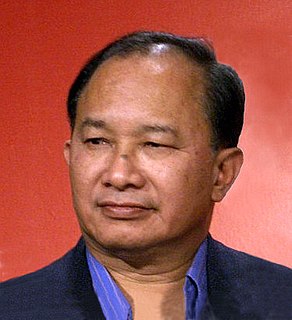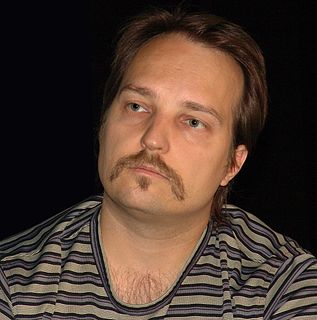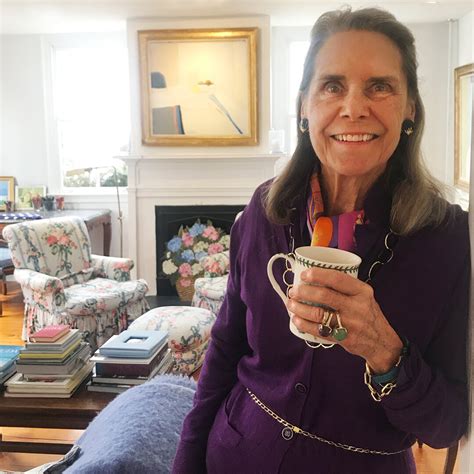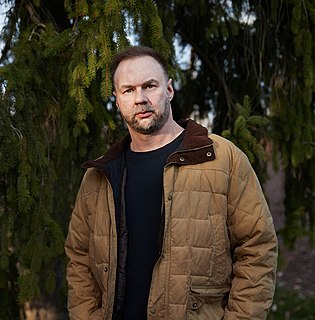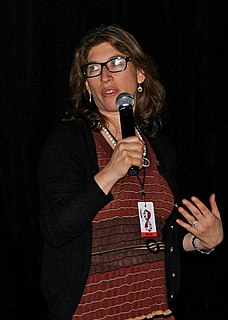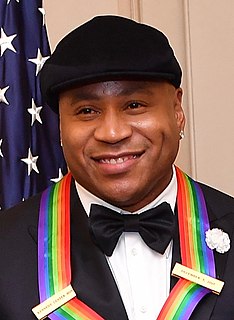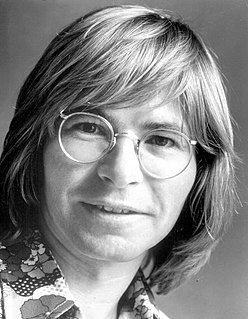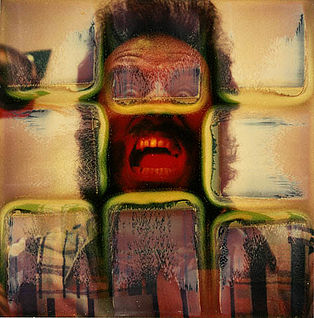A Quote by Albert Brooks
Once you sign on as an actor, you know, you don't go to the editing room, you don't see how they cut, you don't see how they score, you don't see how they cast the rest of the movie.
Related Quotes
My wife's dying upstairs and I can't do anything about it. I look in her face and I see the memories there. I see how I hurt her and how I said the wrong things and how I got angry and how I wasn't the man she hoped I'd be. I see that in her face and I see she's going to die with that. You think I'm not preoccupied?
Tell me how you could say such a thing, she said, staring down at the ground beneath her feet. You're not telling me anything I don't know already. 'Relax your body, and the rest of you will lighten up.' What's the point of saying that to me? If I relaxed my body now, I'd fall apart. I've always lived like this, and it's the only way I know how to go on living. If I relaxed for a second, I'd never find my way back. I'd go to pieces, and the pieces would be blown away. Why can't you see that? How can you talk about watching over me if you can't see that?
I'm looking back at what I did and how it works. In a sense I'm waiting to see how people will respond. I'm waiting to see how you respond, without asking me to tell you what I think about it, because it is your job to give me an idea of how you go about thinking about this work. And if it's too absurd then, you know, I'll kick you out!

